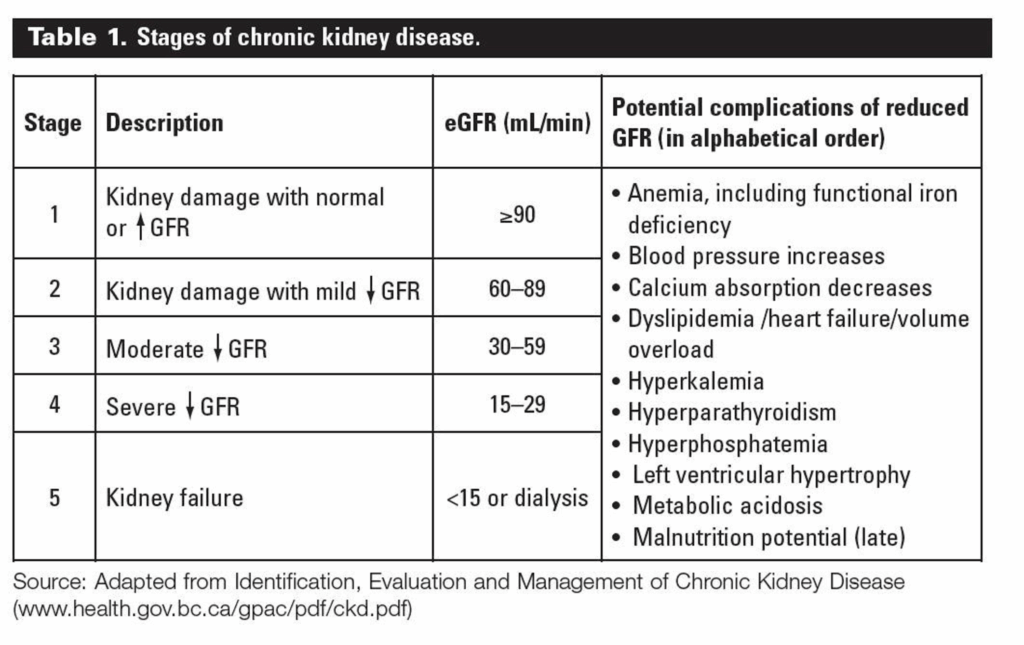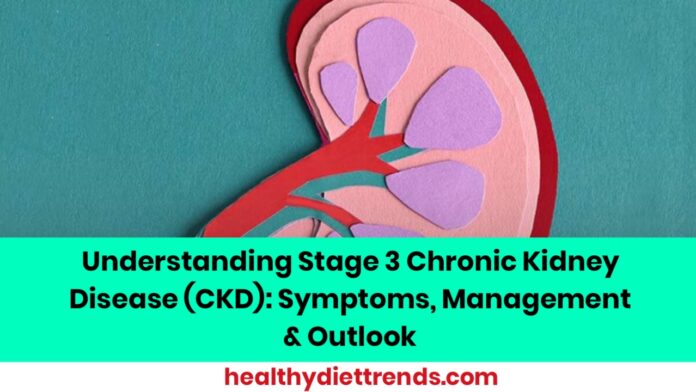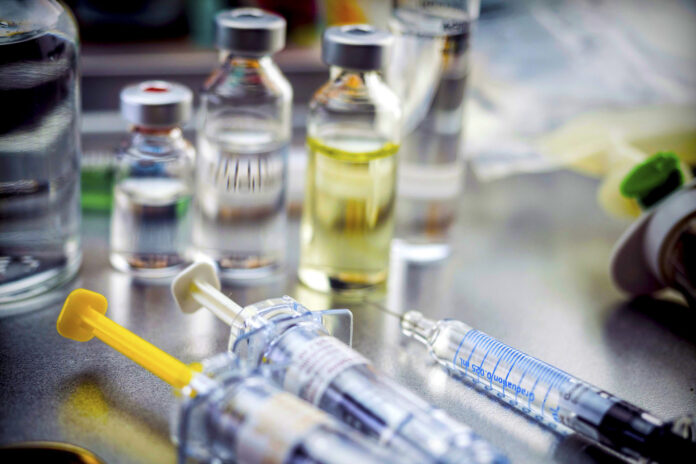Stage 3 Chronic Kidney Disease (CKD) is a pivotal phase where kidney function is moderately reduced, but further damage can still be slowed or even prevented with proper treatment and lifestyle adjustments. While it’s not reversible, early detection and consistent management can make a significant difference in long-term health outcomes.
What is Stage 3 CKD?
Chronic Kidney Disease involves gradual and permanent kidney damage over time. It is classified into five stages, with Stage 3 falling in the middle — indicating moderate loss of kidney function. This stage is diagnosed based on lab tests and clinical symptoms.
Doctors use a blood test called the estimated glomerular filtration rate (eGFR) to determine how well your kidneys are filtering waste. An eGFR of:
- 45–59 signifies Stage 3a
- 30–44 indicates Stage 3b
Symptoms of Stage 3 CKD
Unlike earlier stages, Stage 3 CKD often presents noticeable symptoms, which may include:
- Dark yellow, orange, or red urine
- Increased or decreased frequency of urination
- Swelling (edema), especially in the legs and feet
- Fatigue and weakness
- High blood pressure
- Sleep disturbances or insomnia
- Back pain
- Signs of anemia
If you notice any of these symptoms, consult your healthcare provider immediately.
Diagnosis and When to See a Doctor
You should consult a doctor if you’re experiencing any symptoms of kidney issues, especially if you have a history of high blood pressure or diabetes. To confirm a Stage 3 CKD diagnosis, your doctor may recommend:
- Blood pressure checks
- Urinalysis
- eGFR blood tests
- Imaging studies to assess kidney structure
Even without previous CKD symptoms, Stage 3 may be the first noticeable stage due to more evident signs.

Treatment Options for Stage 3 CKD
While CKD has no cure, Stage 3 offers a critical opportunity to slow its progression and prevent complications.
Diet Adjustments
- Limit protein intake to reduce kidney workload
- Monitor potassium and sodium — avoid high-potassium foods if levels are elevated
- Eat whole foods (fruits, vegetables, grains) and avoid heavily processed items
- Eat small, frequent meals if you’re losing appetite
Medications
Doctors may prescribe:
- ACE inhibitors or ARBs for blood pressure
- Finerenone (Kerendia) for patients with Type 2 diabetes
- Iron, calcium, and vitamin D supplements
- Cholesterol-lowering drugs
- Diuretics for fluid retention
Managing Stage 3 CKD in Daily Life
- Exercise regularly (30 minutes a day, most days)
- Keep blood pressure under 130/80 mmHg
- Manage stress through sleep, mindfulness, and relaxation
- Quit smoking to improve circulation and kidney health
Can Stage 3 CKD Be Reversed?
No, kidney damage cannot be reversed. However, further damage can be slowed — especially in Stage 3 — by adhering to medical advice, maintaining a healthy lifestyle, and consistently monitoring your kidney function.
Life Expectancy & Outlook
While statistics vary, early diagnosis and effective management significantly improve quality of life. A 40-year-old diagnosed with:
- Stage 3a has an average life expectancy of 24.5 years
- Stage 3b has an average of 14.5 years
These figures come from older studies, and with advances in healthcare, outcomes may be better today.
Final Takeaway
Being diagnosed with Stage 3 CKD can feel overwhelming, but it doesn’t mean you’ll inevitably face kidney failure. With the right medical support and proactive lifestyle changes, many people live full, healthy lives. Stay informed, stay consistent with your treatment, and take control of your kidney health early on.
Also Read : What Type of Psychotherapy Is Best for Anxiety?



